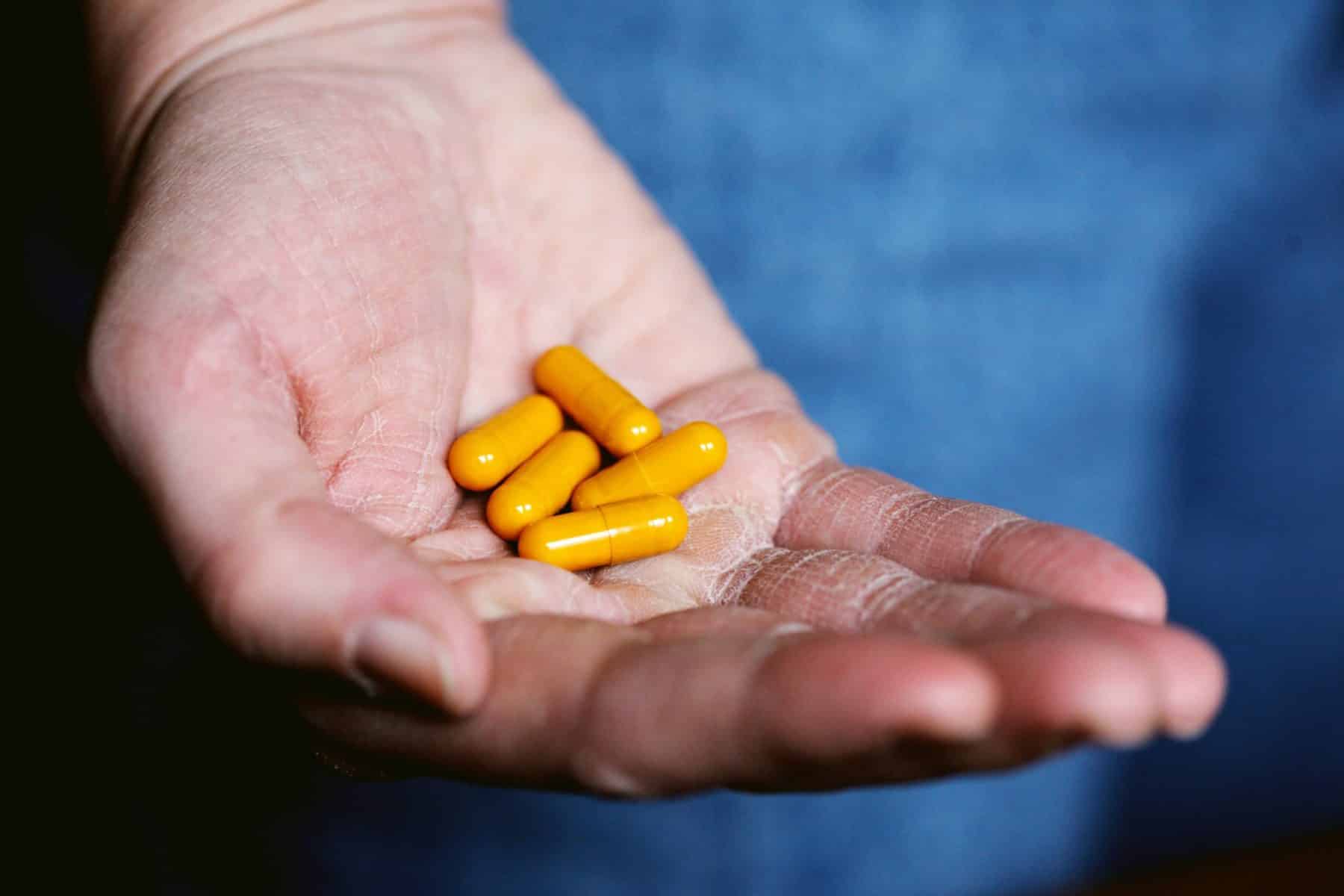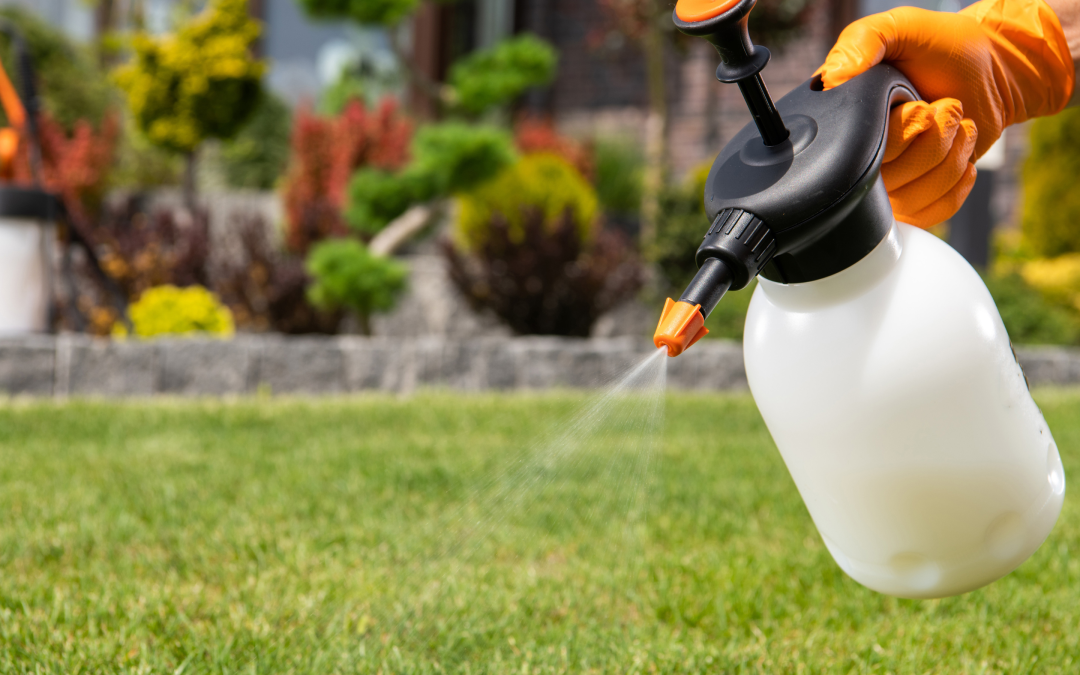Supplements for Leaky Gut
Leaky gut, also known as intestinal hyperpermeability, is a condition where the intestinal walls become more permeable and allow foreign substances, such as bacteria and toxins, to leak into the bloodstream. This can cause a variety of health problems, such as food sensitivities, digestive issues, and even autoimmune diseases. Fortunately, there are a variety gut supplements that can help support the body’s natural healing process and reduce the symptoms of leaky gut.
Probiotics
Probiotics are well-known for their therapeutic use in the management and treatment of gastrointestinal diseases. These live microorganisms help to improve the microbiome of the gut, which can have positive system-wide effects. Moreover, they can help fix an imbalance of gut bacteria, reduce an overzealous immune response, and put a halt to inflammation, all of which are thought to contribute to leaky gut syndrome. Additionally, probiotic supplements are also effective at improving many non-specific health symptoms associated with leaky gut, such as bloating, brain fog, fatigue, and joint pain. Furthermore, in a 14-week trial from 2012, researchers investigated the usefulness of a multi-strain probiotic supplement after intense exercise. They found that zonulin, a marker of gut leakage, was significantly lower in the probiotic supplementation group [1].
Omega-3 Fatty Acids
Omega-3 fatty acids have anti-inflammatory properties that can help reduce inflammation and support gut health. They can help reduce intestinal permeability and improve the health of the gut.
Zinc
Zinc is a necessary element of many metabolic processes and is well-known for its ability to boost the immune system. A 2001 study [2] found that zinc supplementation helped to strengthen the gut lining in patients with Crohn’s disease. Research from 2015 [3] suggests that zinc is able to modify the tight junctions of the intestinal lining, helping to limit gut permeability.
Glutamine
L-Glutamine is one of 20 amino acids in your body, and it’s known as a conditionally essential amino acid for the roles it plays in your body [1]. Glutamine supports and helps to maintain a healthy gut barrier which is essential for repairing leaky gut. Not only is it a great tool for repairing leaky gut but it also helps to support a balanced insulin response which in turn keeps your blood sugar levels in check and supports healthy weight loss. Bones, skin, muscles, blood vessels, even your hair, and nails; all of these require amino acids like L-Glutamine and protein in order to grow and be healthy.
L-Glutamine helps maintain a healthy stomach in addition to the intestinal lining by supporting optimal gut barrier function and cell reproduction. By enabling your enterocytes (gut cells) to regenerate more quickly, L-Glutamine helps seal the tight junctions in your gut and restores your gut lining to an optimal state even faster. In conclusion, these repairs are essential for reversing leaky gut, eliminating your symptoms, and reducing your risk of associated chronic conditions.
Vitamin D
Vitamin D helps boost the immune system and decrease inflammation. Additionally, it is crucial for the synthesis of tight junction proteins, thereby decreasing intestinal permeability.
Vitamin A
Vitamin A is important for the health of the intestinal mucous membrane. It helps to reduce inflammation and improve the integrity of the intestinal wall.
Curcumin
Curcumin is a compound found in turmeric that has powerful anti-inflammatory properties. It can help reduce inflammation and improve the health of the intestinal wall.
Collagen
Collagen is a ubiquitous protein found in nearly all bodily tissues. It can also play a role in supporting gut health. Additionally, Collagen peptides, a more digestible and bioavailable form of collagen, may have similar benefits. Recently, it was found that collagen peptides were able to prevent further breakdown of the intestinal lining [4]. Another study published in 2012 using gelatin tannate, a supplement containing naturally occurring collagen, demonstrated collagen’s anti-inflammatory properties in the gut [5].
Aloe Vera
Aloe vera has anti-inflammatory properties that can help reduce inflammation and improve the health of the gut. Furthermore, it also helps to protect the gut from toxins as well as other foreign substances. The most promising research for leaky gut was this study published in the International Journal of Molecular Sciences [6]. The study was done on mice, so we need to be cautious about drawing conclusions. Moreover, a significant outcome from the study was that the administration of aloe vera gel to mice tightened the junctions in their intestinal barriers. In other words, aloe vera gel effectively sealed the intercellular spaces in the intestinal barrier.
Deglycyrrhizinated licorice (DGL)
Licorice root contains almost 75 bioactive compounds [7]. This includes glycyrrhizin (GL), a compound known for producing adverse effects in humans. DGL is a substance that’s had the GL removed for consumption. DGL may have various gastric benefits, such as reducing inflammation [8] and increasing mucus production. However, more research is still needed on this supplement for leaky gut syndrome.
References:
- [1] Lamprecht M, et al. (2012). Probiotic supplementation affects markers of intestinal barrier, oxidation, and inflammation in trained men: A randomized, double-blinded, placebo-controlled trial. Journal of the International Society of Sports Nutrition, 9:1, DOI: 10.1186/1550-2783-9-45
- [2] Sturniolo DG, et al. (2001). Zinc supplementation tightens “leaky gut” in Crohn’s disease. Inflamm Bowel Dis. May;7(2):94-8. DOI: 10.1097/00054725-200105000-00003.
- [3] Michielan A, et al. (2015). Intestinal permeability in inflammatory bowel disease: Pathogenesis, clinical evaluation, and therapy of leaky gut. Mediators Inflamm. 628157. DOI: 10.1155/2015/628157.
- [4] Chen Q, et al. (2017). Collagen peptides ameliorate intestinal epithelial barrier dysfunction in immunostimulatory Caco-2 cell monolayers via enhancing tight junctions. Food Funct. 2017 Mar 22;8(3):1144-1151. DOI: 10.1039/c6fo01347c.
- [5] Frasca G, et al. (2012). Gelatin tannate reduces the proinflammatory effects of lipopolysaccharide in human intestinal epithelial cells. Clin Exp Gastroenterol. 2012; 5:61-67. DOI: 10.2147/CEG.S28792
- [6] Le Phan TH, Park SY, Jung HJ, Kim MW, Cho E, Shim KS, Shin E, Yoon JH, Maeng HJ, Kang JH, Oh SH. The Role of Processed Aloe vera Gel in Intestinal Tight Junction: An In Vivo and In Vitro Study. Int J Mol Sci. 2021 Jun 17;22(12):6515. doi: 10.3390/ijms22126515. PMID: 34204534; PMCID: PMC8235210.
- [7] Asha MK, et al. (2017). Effect of flavonoid-rich extract of Glycyrrhiza glabra on gut-friendly microorganisms, commercial probiotic preparations, and digestive enzymes. Journal of Dietary Supplements, 14:3, 323-333, DOI: 10.1080/19390211.2016.1223257
- [8] Sadra A, et al. (2017). Gastroprotective and gastric motility benefits of AD-lico/ Healthy Gut™ Glycyrrhiza inflata extract. Animal Cells and Systems, 21:4, 255-262, DOI: 10.1080/19768354.2017.1357660
- https://drruscio.com/probiotics-for-leaky-gut/
- https://essentialstacks.com/blogs/gut-health/aloe-vera-leaky-gut
- https://www.thelancet.com/journals/lancet/article/PII0140-6736(93)90939-E/fulltext
- https://drdanielle.com/blogs/dr-danielles-health-tips-and-tricks/how-does-l-glutamine-help-with-leaky-gut
- https://www.healthline.com/health/digestive-health/leaky-gut-supplements#bottom-line
- https://www.drthomasvolck.com/post/top-11-leaky-gut-supplements








